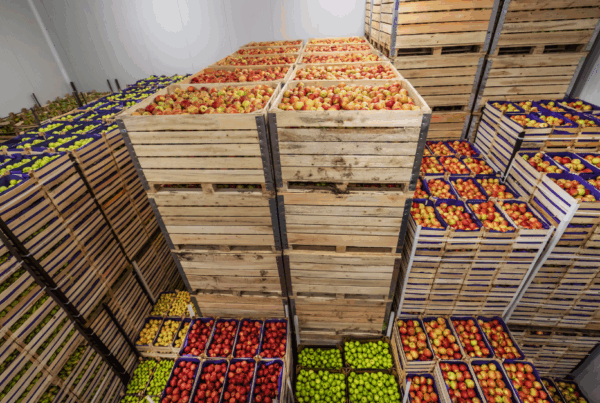UPDATE: A 90-day delay has been announced on the 25% tariffs that were expected to go into effect on January 1st, 2019 so a deal could be struck. We will bring more information on this when there are details to the situation available.
Routing changes caused by tariffs are starting to be visible already. As retaliatory tariffs hit fish suppliers, and climate concerns make fishing and farming more precarious, we’re seeing a number of suppliers looking for alternatives to traditional export orders.
China’s tariffs target exporters in traditionally rural areas including soybean farmers, cherry and fruit orchardists, lobster and other species fisherman; all typically conservative areas. These are normally independent businesses who have built their companies on the huge opportunity that china has presented over the last decade. The explosion of their market gave many of these companies large opportunities to export commodities. Now, due to these trade policies and retaliatory tariffs, we’re seeing US distributors priced out of that market.
Shippers are working to find alternatives to China via other Asian countries or even trying to work around the tariffs by shipping first to Canada and exporting to China. The trend is happening on both the East and West Coast as suppliers of live crab, geoduck and lobsters are headed north before shipping, either frozen, fresh or live.
It’s also interesting to see that water temperature is affecting the Atlantic ecosystem similarly as the Pacific Ocean Blob affected salmon and cod populations in Alaska. The changes in climate are creating wild fluctuations in food populations, making forecasting difficult and causing prices to rise with smaller catches.
Thanks to our vast network, CFI can work with your suppliers to create innovative and cost effective solutions for your shipments to mitigate (as much as possible) the issues coming from these regulations and help you work with emerging markets, new consignees or countries to help rebuild and expand your network and customer bases if you’ve been adversely impacted by the coming tariffs. We encourage suppliers to reach out to your CFI representative and discuss how we can help you find answers during these months.



